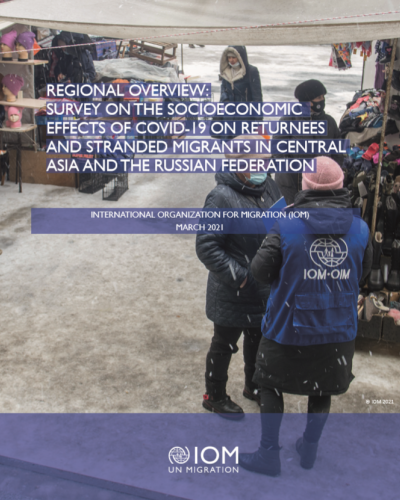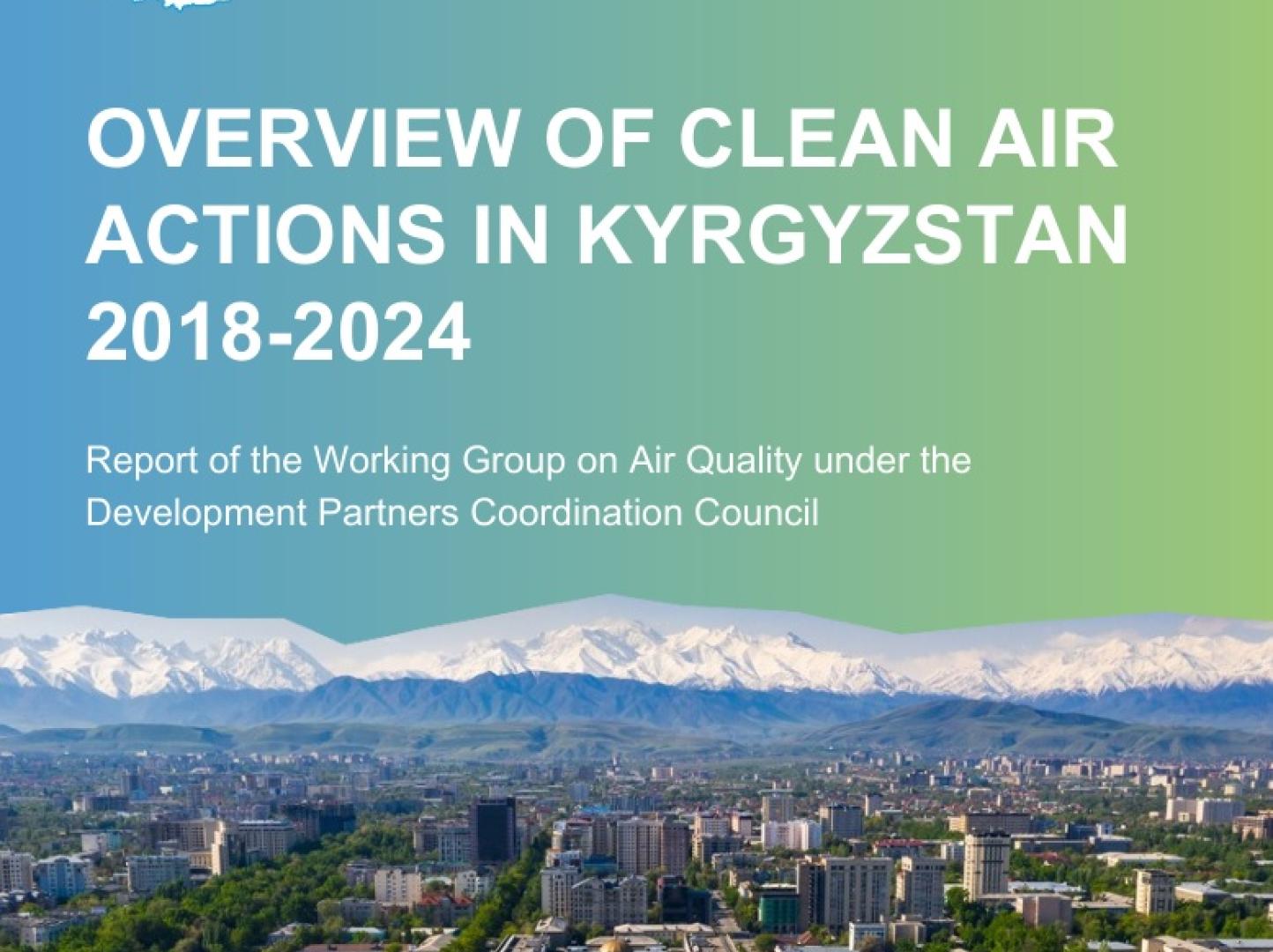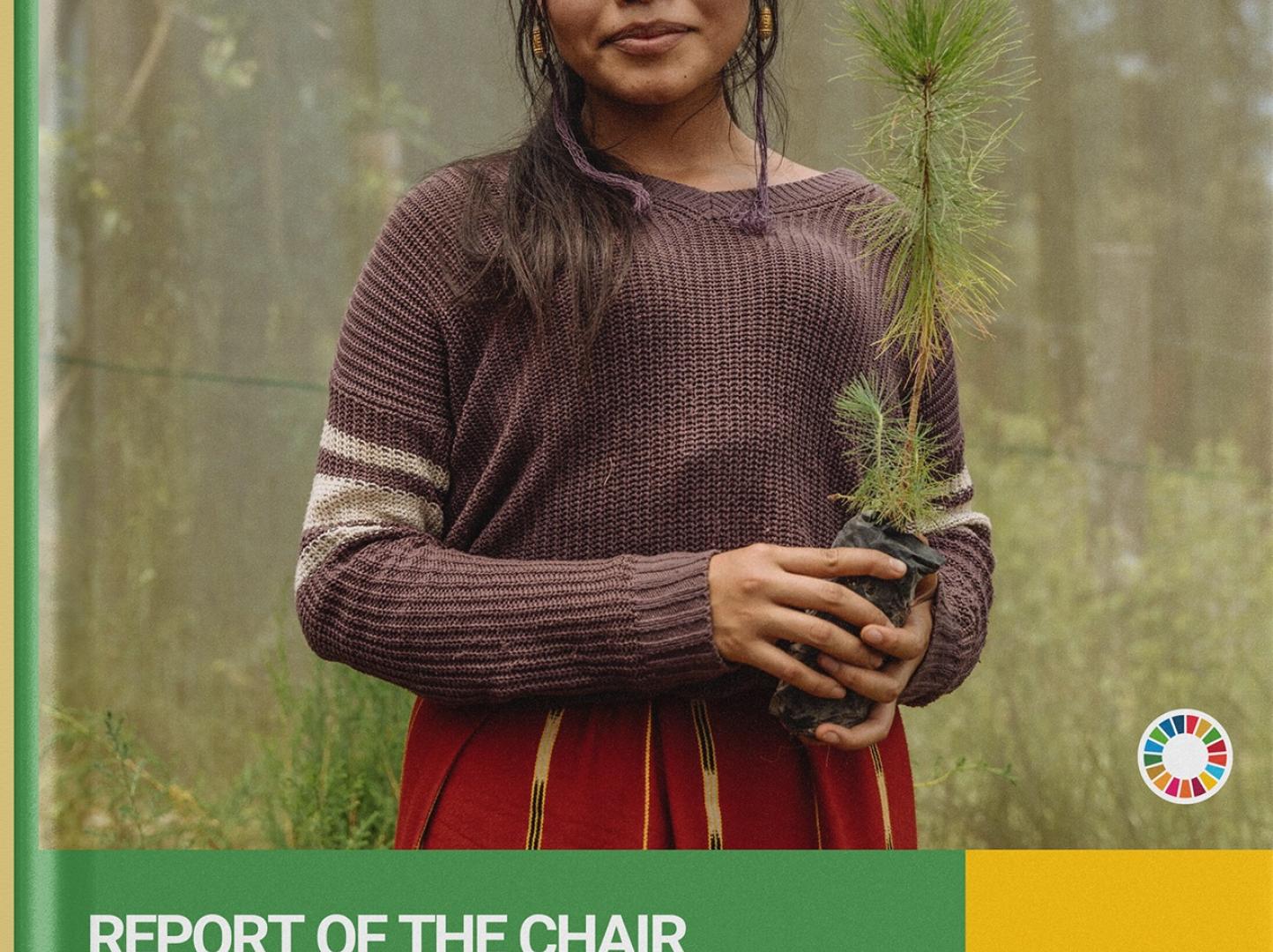REGIONAL OVERVIEW: SURVEY ON THE SOCIOECONOMIC EFFECTS OF COVID-19 ON RETURNEES AND STRANDED MIGRANTS IN CENTRAL ASIA AND THE RUSSIAN FEDERATION

In December 2020, under this project, a total of 3,390 respondents further divided into stranded migrants (1,648) or returnees (1,742),* were surveyed in Kazakhstan (748), Kyrgyzstan (885), Tajikistan (857), and the Russian Federation (900). These population groups were interviewed with two different survey tools, adapted to the country context and tailored to the target population to capture the most accurate information possible for both target groups. As a result, this regional overview was published to compare trends and findings between different countries.
The findings of this study can be used as a basis to identify new migration patterns, common challenges and vulnerabilities, and better inform policymakers working on international migration challenges. Crosscountry comparisons can help in identifying regional trends and needs and provide regional answers to safe and orderly management of international migration. In addition, this study, which was done shortly after the COVID-19 outbreak, can be used as a baseline for the socioeconomic impacts of COVID-19 on migrants and their families in Central Asia and the Russian Federation, and, at a later stage, to measure how the situation has evolved, and whether or not migration policies will have provided the desired outcomes.









